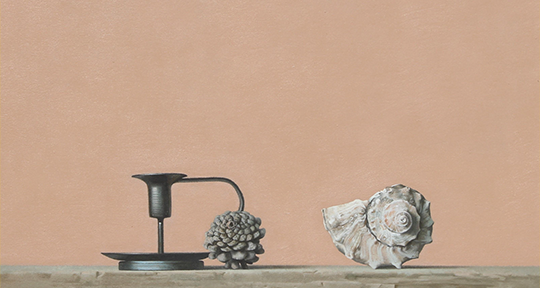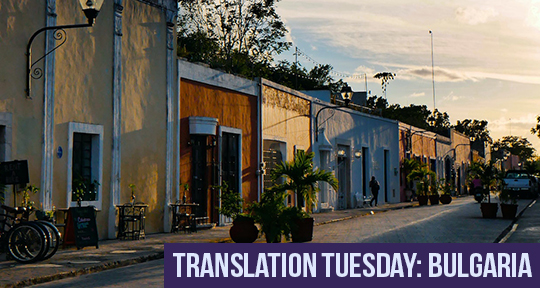This week, our editors are rounding up some exciting new developments in the word of language, from the annual edition of one of China’s most noteworthy literary awards, to cinematic adaptations of Filipino writing, to an urban festival digging into the intersections of literature and science in Bulgaria. Read on to find out more!
Xiao Yue Shan, Blog Editor, reporting for China
In one of the stories from her collection, Ba bu ban (Eight-and-a-Half), Huang Yuning writes about the private, sometimes-sacred communion that a sharing of language initiates, as with two tourists sitting together in a Frankfurt subway: “There’s at least one good thing about two Chinese people riding the subway together in a foreign country: the walls are ready-made, and language is the thing that builds a transparent cubicle all around you.”
Huang’s stories won the Blancpain-Imaginist Literary Prize in 2019, and this year, the prestigious award is again taking in submissions to find the next powerful young writer of Chinese-language fiction. Held jointly by the Beijing publishing house Imaginist and the Swiss brand Blancpain, the annual competition is known for seeking out original voices with an intricate attention to language, profoundly developed themes, and an outstanding voice and style that embodies the unique adventure of Chinese writing. Open to writers under the age of forty-five who have published a book between April 2022 and 2023, the winner receives a cash prize of 300,000 yuan to help develop their work. The theme of this years prize is “The Necessity of Complexity”, and in the submissions call, the prize committee asserted the essentiality of literature that addresses the present moment with a fine eye on the past and a rejection of overloaded media narratives. As they state, there is a role in writing that aims always towards truth and its complexity: “. . . because complexity is the point of origin of everything new and the commencement of everything we call the future.” Literature has the role of paying close attention to the strange, the unspoken, and the vast depths of internality; the jury aims to find a work of Chinese fiction that speaks to this task. Since the prize’s inauguration in 2018, I’ve found its selections well deserving of accolade, celebrating work from some of the most bold and talented writers working today, and like many readers of the Chinese language, I am greatly looking forward to see which titles will be spotlit this year.
The jury includes lauded Chinese writer Yiyun Li, who interestingly has gone the way of Nabokov to “renounce [her] mother tongue”, writing and publishing only in English. The writers who have chosen to taken such a path usually speak of a feeling of entrapment within their native language, and Li explained her choice by stating that English is her “private language”—she has to actively think her way towards every word. Now that she has become a crucial element in deciding who is to be awarded this esteemed award of Chinese-language literature, it’s tempting to note that reading fiction is not only a way to explore the world through narratives and characters, but through the innate imaginations and freedoms that exist when words are put together in new and regenerative configurations. That is the liberation that style—evidence of that actively thinking mind behind the page—gifts to us: an encouragement to think again about tired words, those beleaguered little artifacts of human history. I think often about the writers of China, all the individuals that are constantly reaching out to embroider, reweave, and patch the fabric of that wonderful, ancient, fraught language, and I remember that words are alive. That they are always in the process of making something new, and that they are protectors and safeboxes for our wildnesses, our freedoms, and all the things that one dreams might be spoken, one day. READ MORE…




